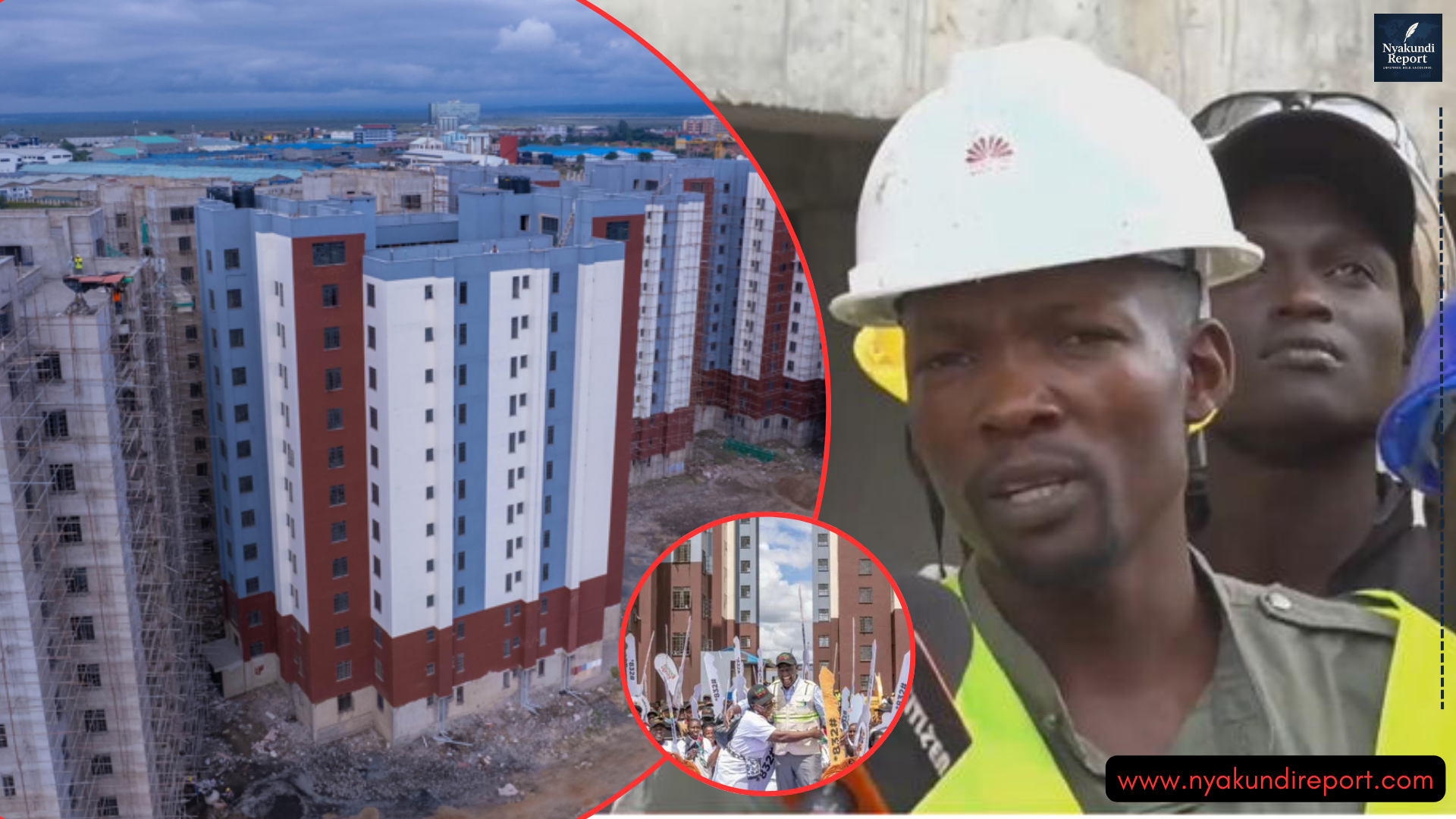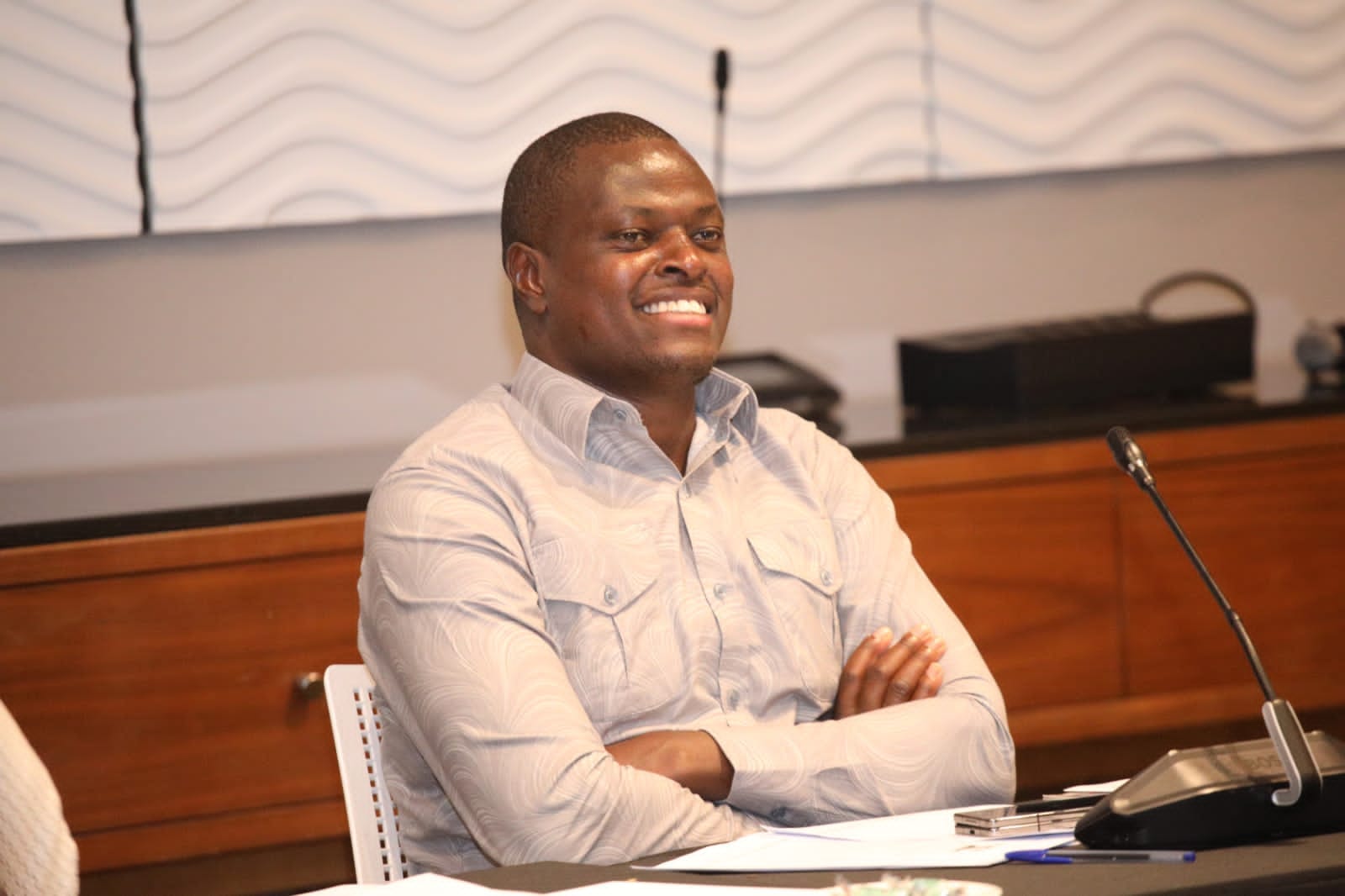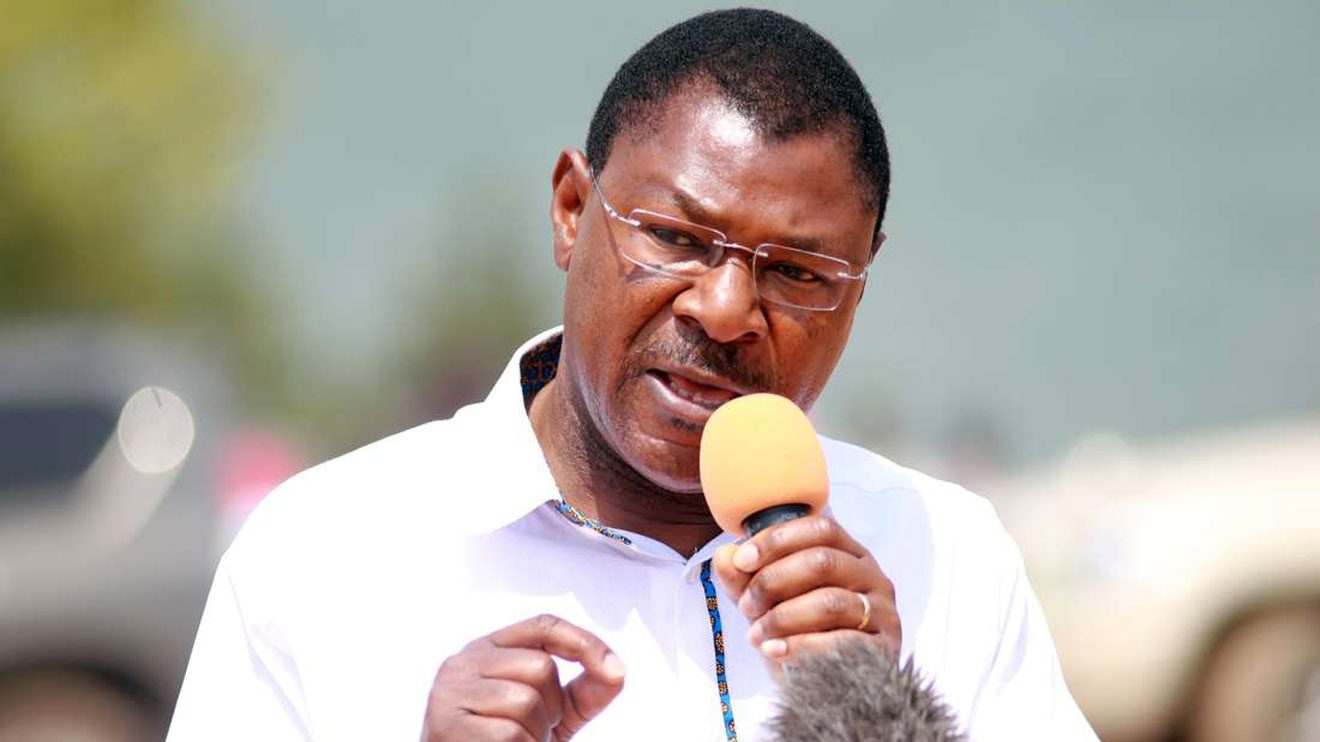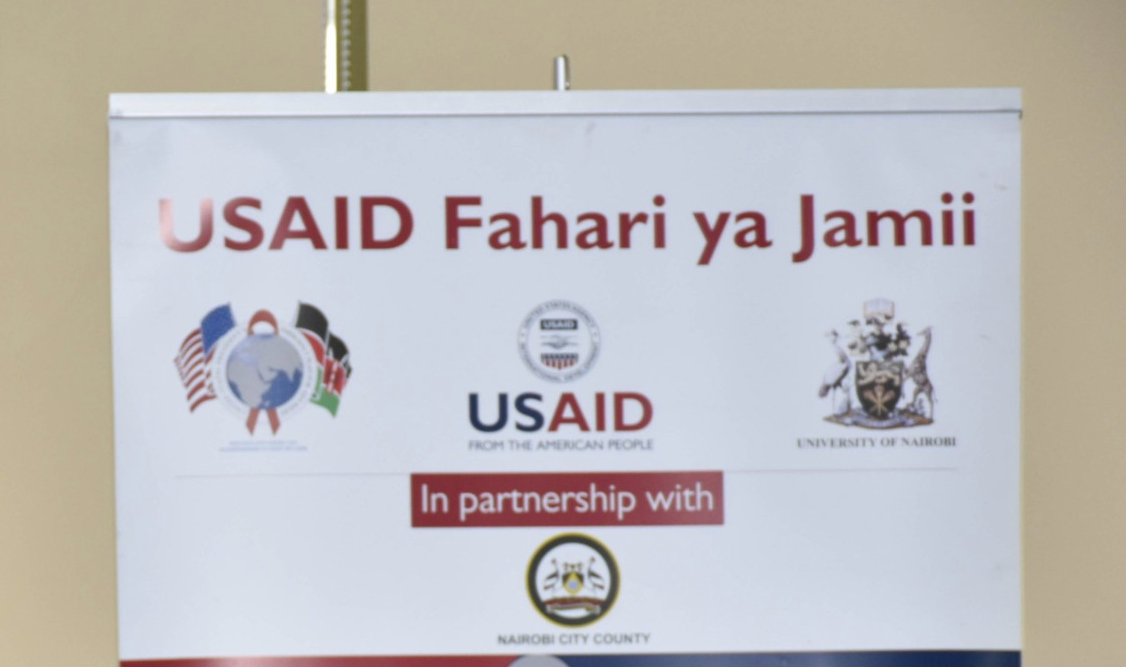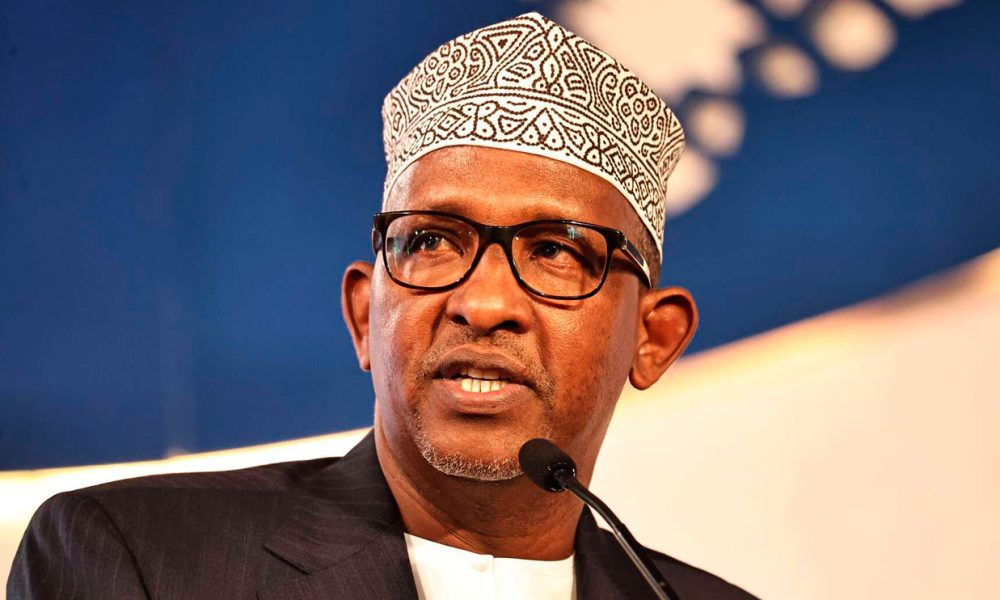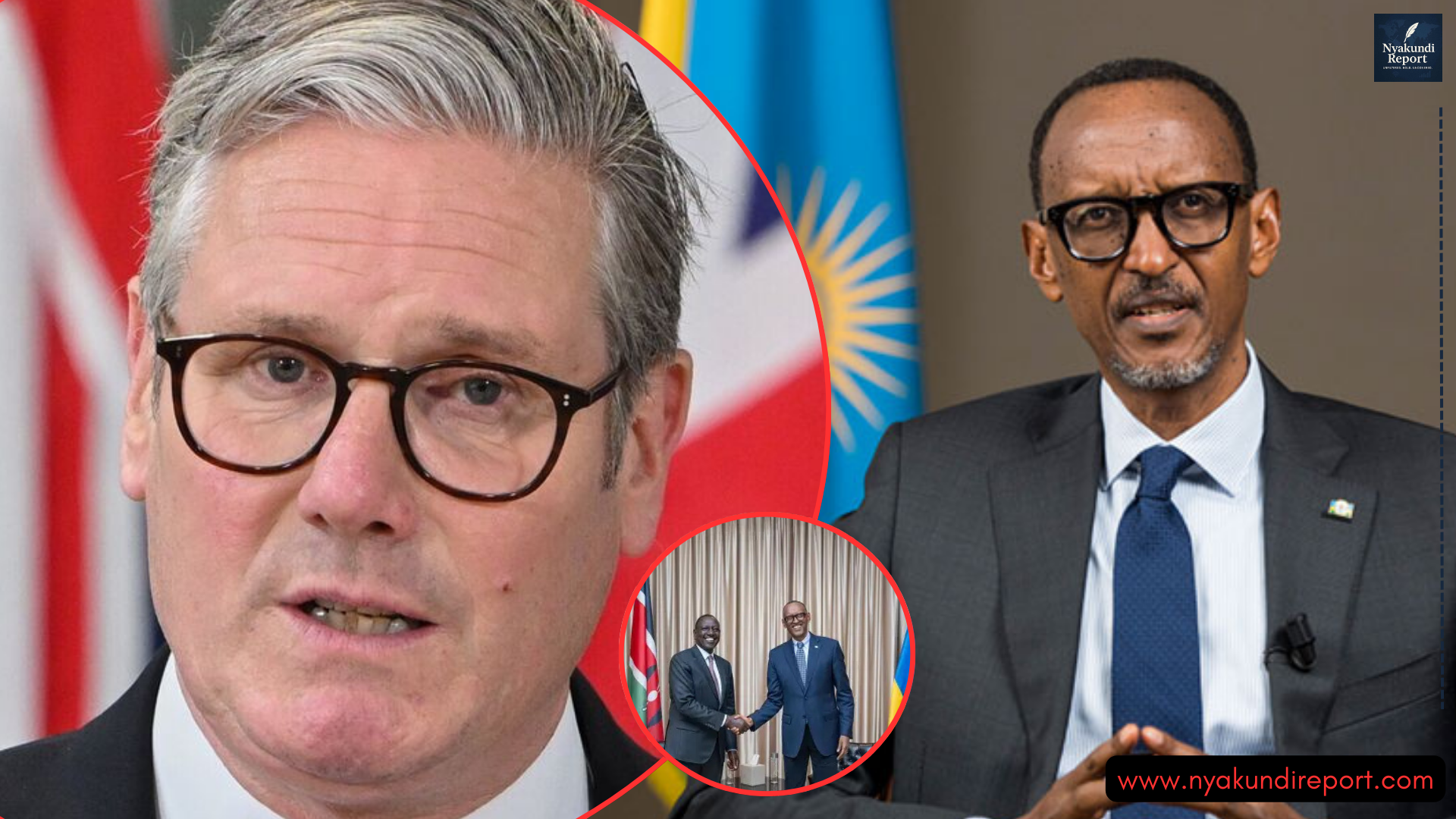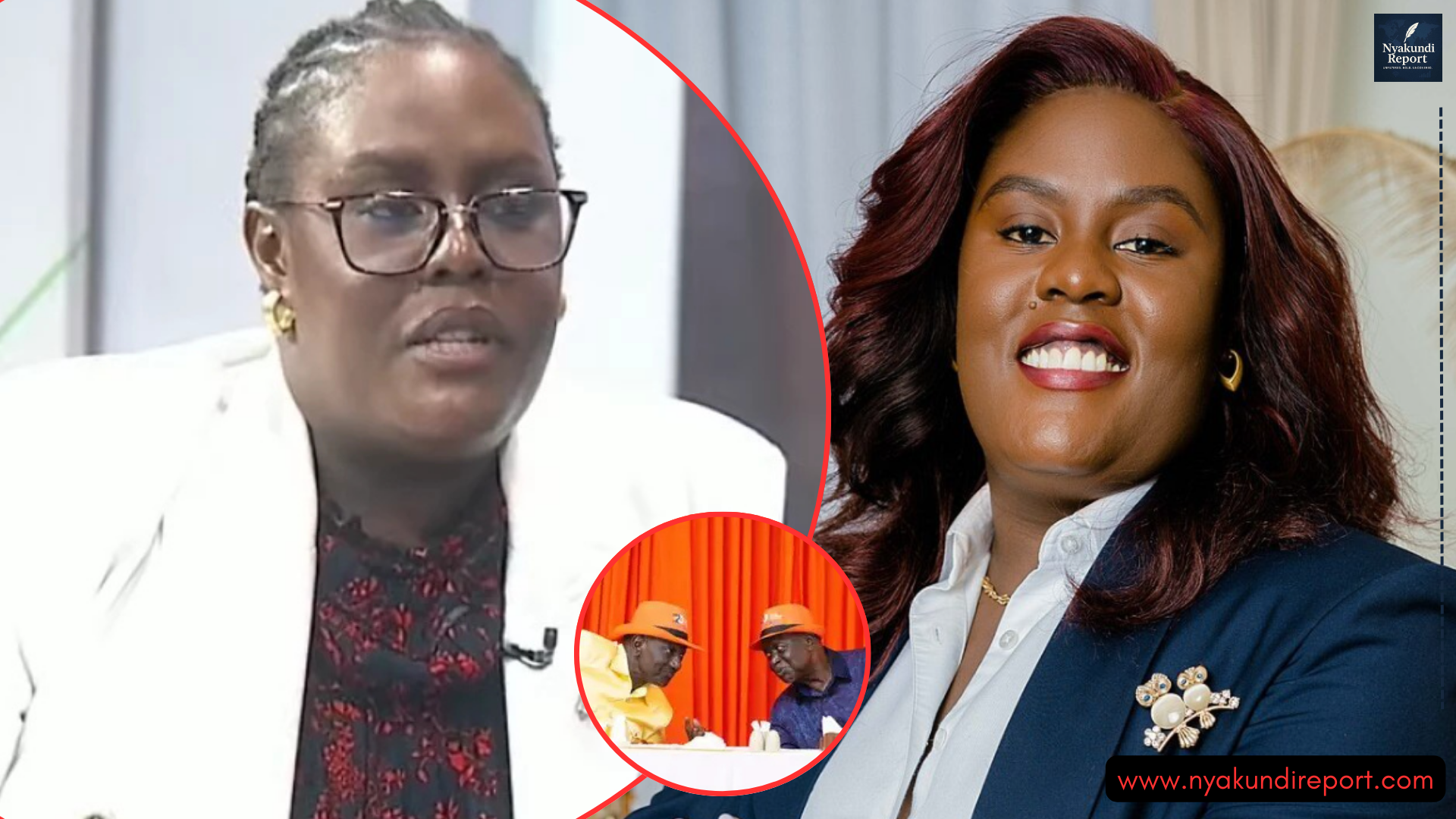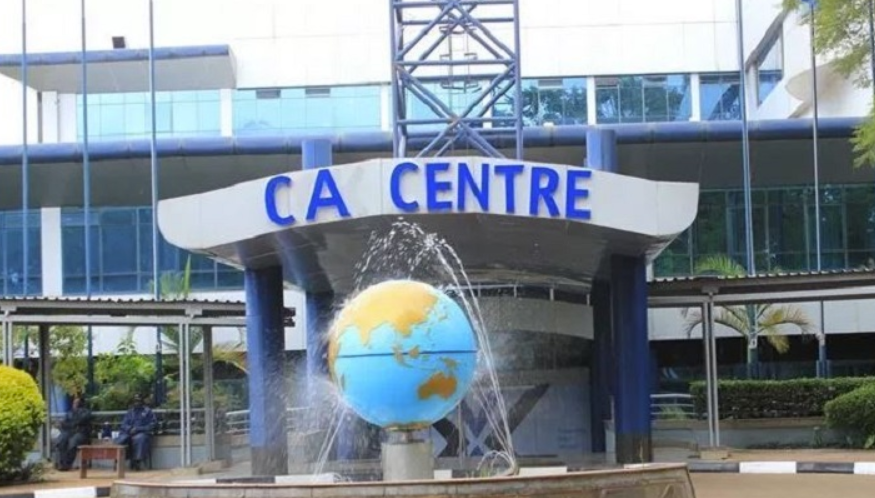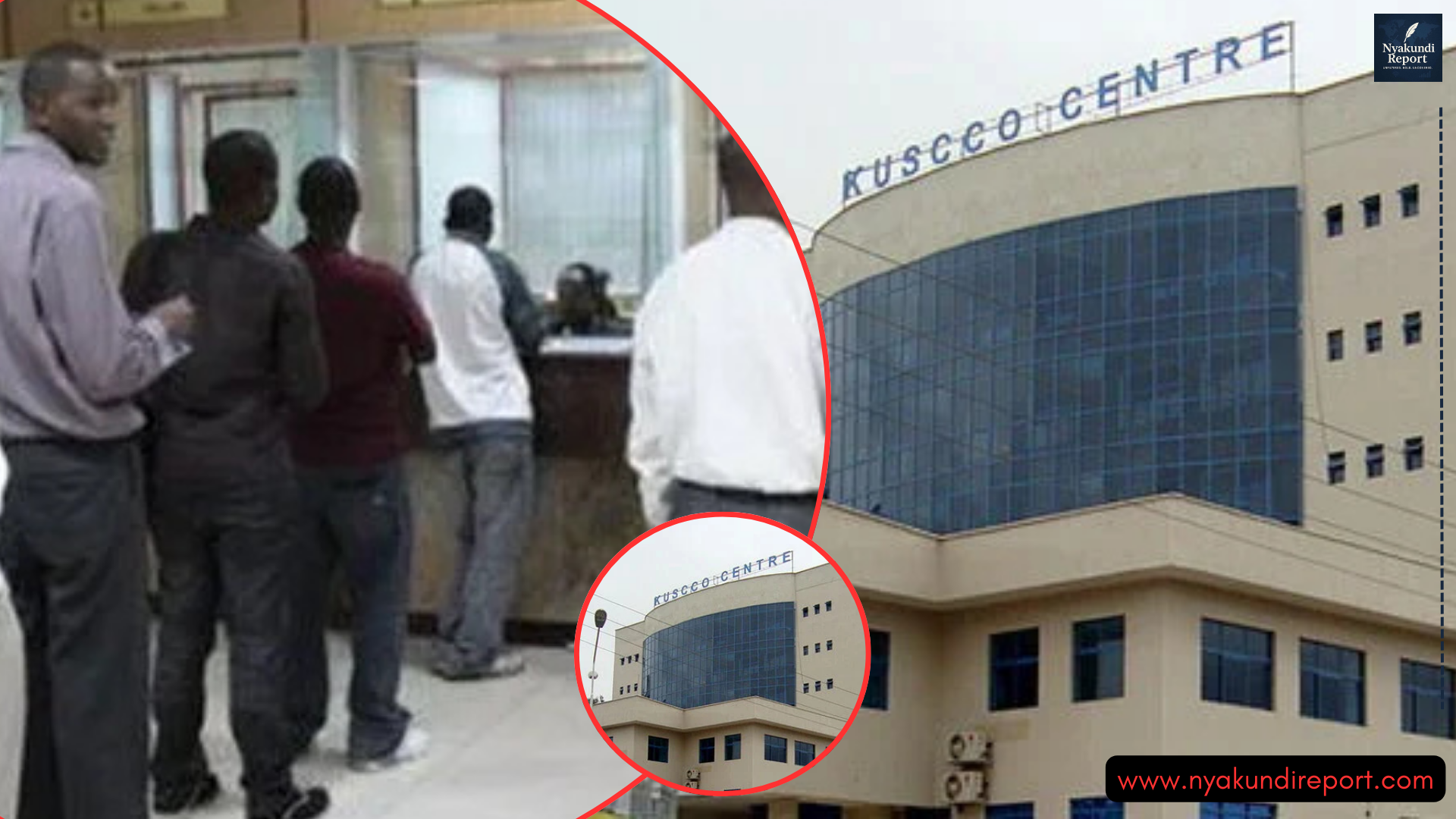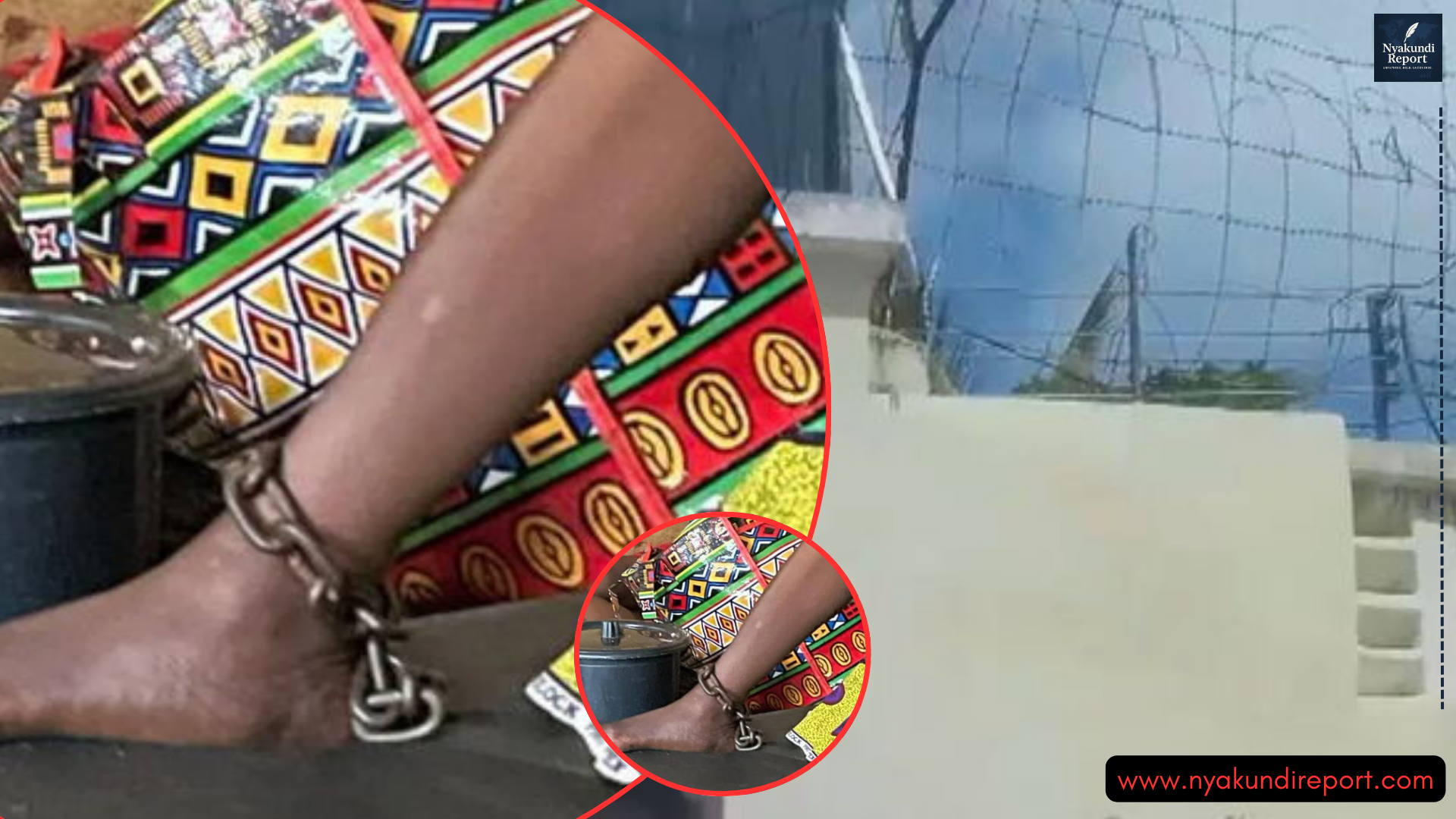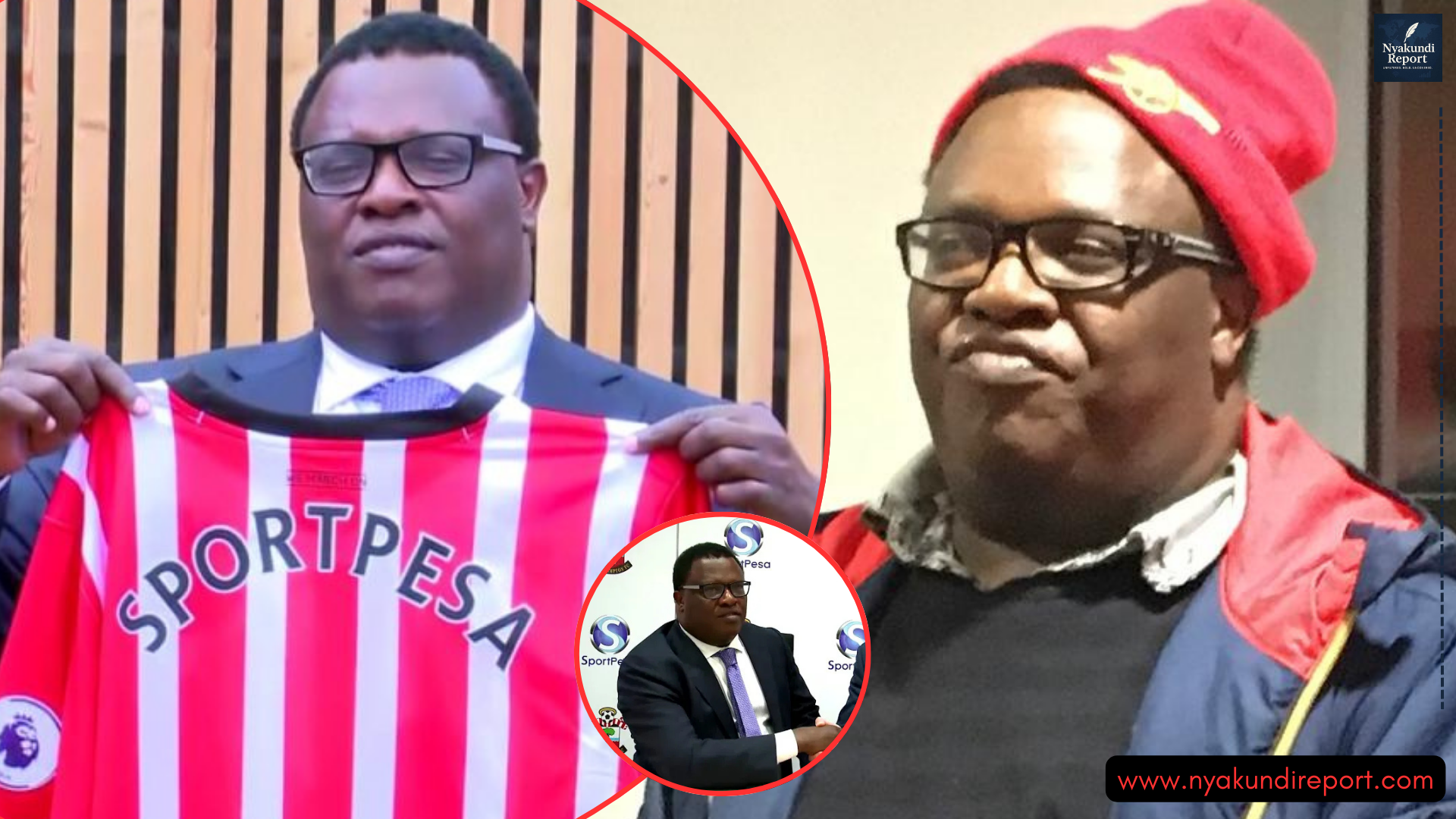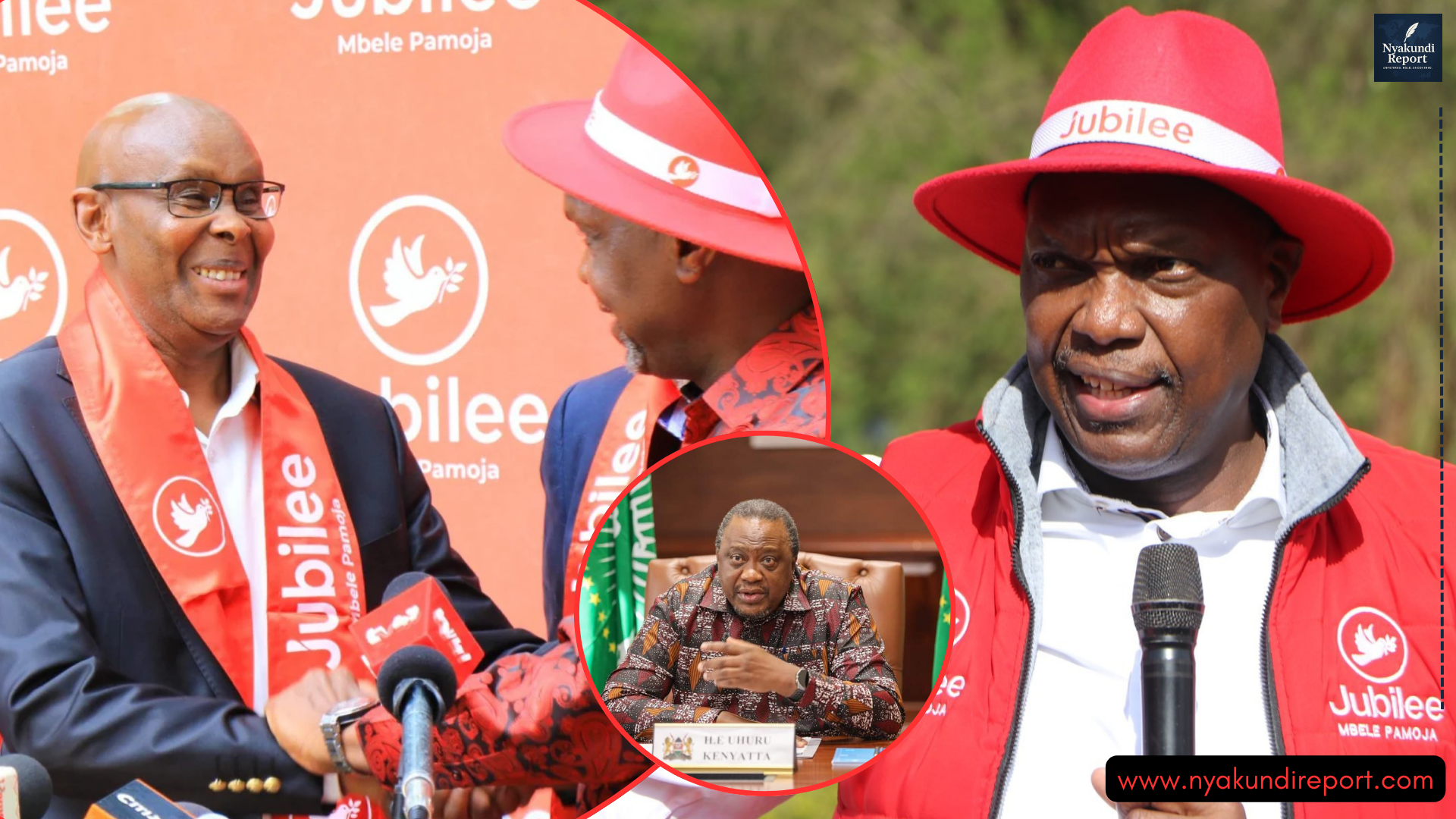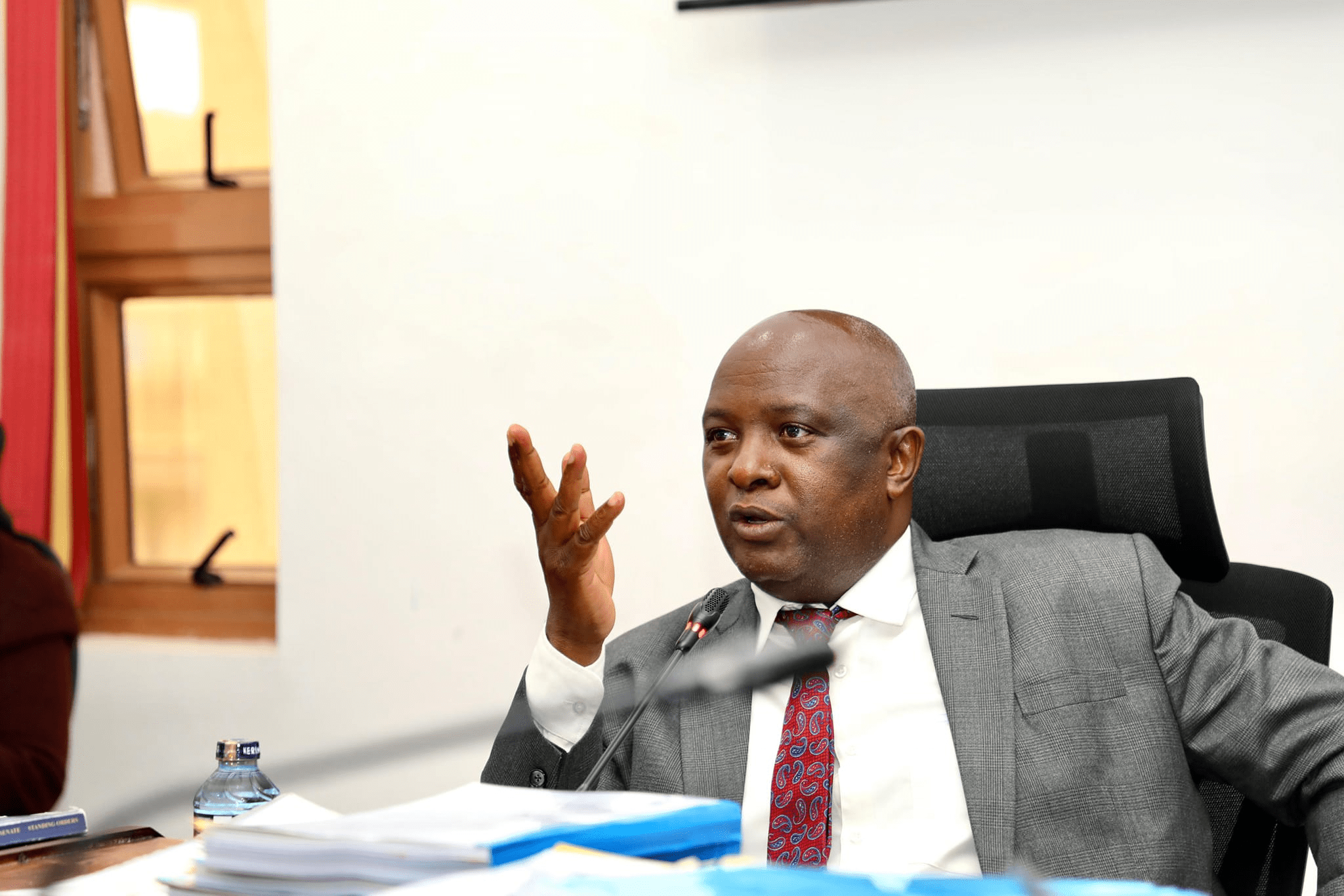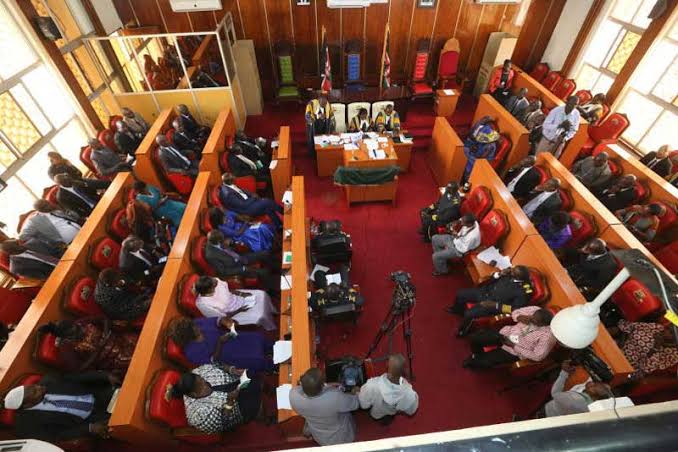Haiti has broken its silence and thrown full support behind Washington’s push to overhaul the Multinational Security Support (MSS) Mission. The endorsement signals a dramatic shift that could strip Kenya of its MSS leadership role and place the mission under a new command.
The U.S.-backed reforms call for expanding the force to more than 5,000 troops and granting it wider powers to dismantle gangs. The move is shaking Kenya’s hold on the leadership, with Haiti’s backing giving the plan new momentum.
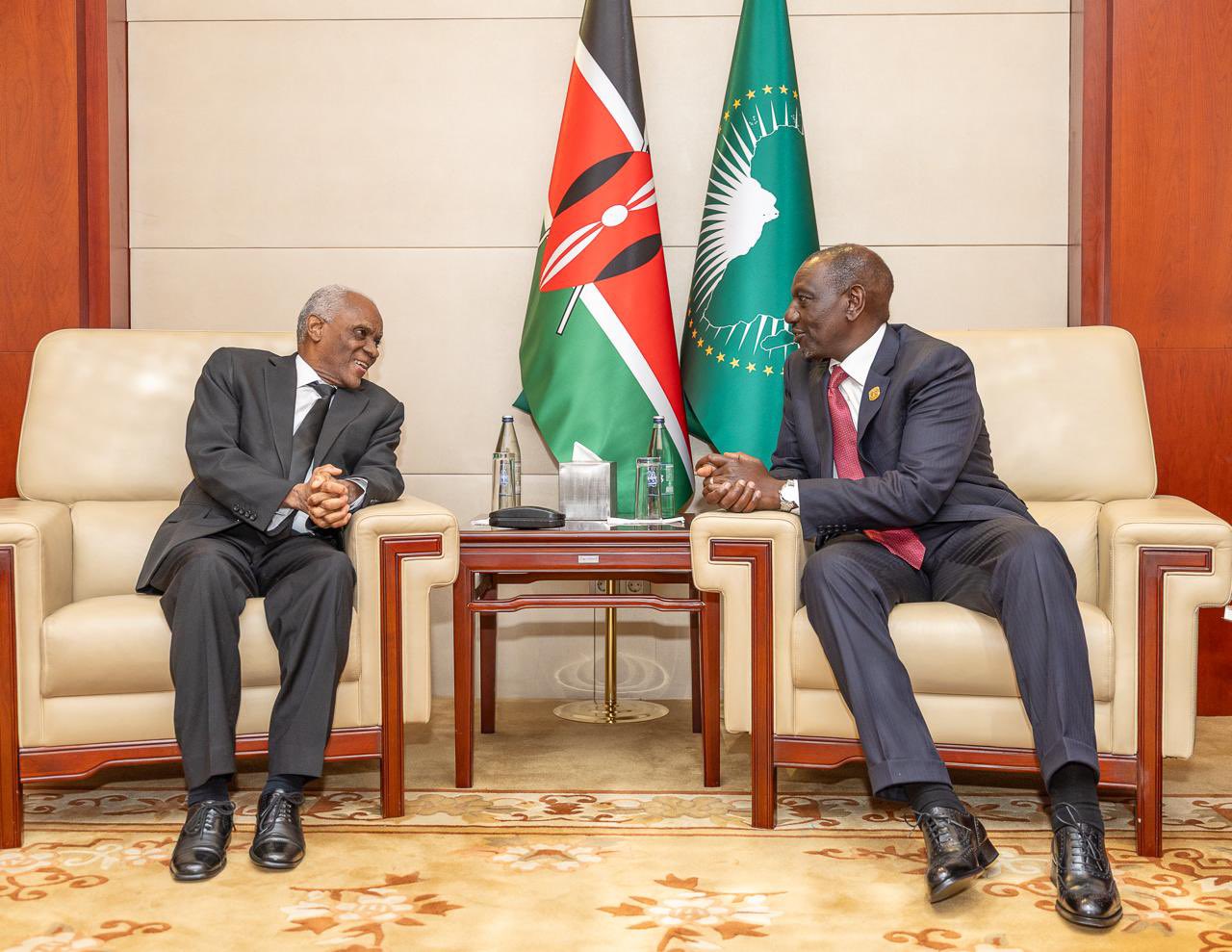
Haiti Endorses Changes That Could End Kenya’s MSS Leadership Role
Haiti’s Prime Minister Alix Dider Fils-Aimé hailed the U.S.-led proposal as “a decisive step” in restoring state authority. His office stressed that only urgent changes to the MSS mission can secure peace for communities plagued by gang violence.
Haiti made it clear that the reforms would strengthen its fragile democracy and reinforce regional stability. The statement aligned with endorsements already given by the Organisation of American States (OAS) and the Caribbean Community (CARICOM). Both blocs want the MSS mission expanded to cover intelligence operations and arrests, not just peacekeeping.
This support puts Kenya on shaky ground. President William Ruto had earlier reaffirmed Nairobi’s commitment to the Haiti mission during a meeting with Transitional Presidential Council member Edgar Leblanc in Addis Ababa. Yet, the political tide is turning fast.
The Trump administration is aggressively lobbying at the United Nations Security Council to get the proposal approved. With China and Russia holding veto powers, U.S. diplomats are racing to secure enough backing.
OAS and CARICOM Back a Stronger Mission
The OAS and CARICOM have both rallied behind the U.S. plan to widen the MSS mandate. Their joint declarations stressed the need for a U.N. Support Office for Haiti to manage funds and oversee operations.
Member states argued that a stronger MSS mission is the only way to break the cycle of lawlessness. They called for dismantling gangs, restoring the rule of law, and backing Haitian-led programs that deal with poverty, corruption, and inequality.
Canada was among the latest countries to endorse the resolution, increasing pressure on Kenya. Nairobi now finds itself isolated, with only a narrow window left before the current one-year mandate expires at the end of this month.
Uncertainty Over Kenya MSS Leadership Role
Kenya sent nearly 1,000 police officers to Haiti last year when the MSS mission was first approved. Nairobi promised more officers, but those deployments have stalled. The main reason is money.
Budget cuts by the Trump administration to U.N. programs have raised doubts about whether the expanded mission will ever be fully funded. The Haiti mission depends on voluntary contributions, and the U.S. remains its largest financial backer. Without Washington’s dollars, the MSS could collapse, leaving Kenya exposed and vulnerable to blame.
At the same time, U.N. Secretary-General António Guterres had already recommended a stronger mission back in February. The U.S. proposal mirrors his plan, giving it more legitimacy at the global stage.
For Kenya, the looming reality is clear. With Haiti, OAS, CARICOM, and major powers lining up behind Washington, Nairobi risks losing its MSS Leadership Role. The mission that once placed Kenya at the center of global peace efforts may soon slip from its grasp.
Final Word
The Haiti crisis has entered a new phase. With gang rule tightening its grip on Port-au-Prince, Washington’s plan to restructure the MSS mission is gaining unstoppable momentum. Haiti’s full endorsement has tipped the balance, putting Kenya’s MSS leadership role on the edge.
The fight now shifts to the U.N. Security Council, where votes and vetoes will decide whether Kenya remains in charge or watches another nation take over. For Nairobi, the mission is no longer about leadership pride but survival in a shifting geopolitical game.

